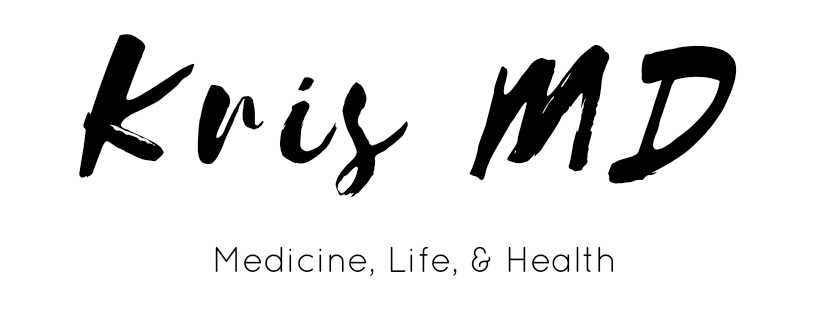Here it is. I didn’t want to opine, but it’s here and I can’t get away from the topic. I see it at work. I watch it at home. It comes up in discussions… so in order to make it stop, I’m going to give you an idea of what I see and what I think about Obamacare and whatever else is out there.
April 2015
Public Integrity: Insurers backed Obamacare, then undermined it. Now they’re profiting from it.
February 2016
Talking Points Memo: The real reason insurance companies are complaining about Obamacare
August 2016
CNN: Will Obamacare survive as insurers pull out?
October 2016
Salon: Making a killing under Obamacare: The ACA get blamed for rising premiums, while insurance companies are reaping massive profits
November 2016
Portland Press Herald: Maine Voices — The problem isn’t Obamacare; it’s the insurance companies
December 2016
NYT: Health insurers list demands if affordable care act is killed
The Huffington Post: The Obamacare paradox — The real reason health insurance companies don’t like the ACA
January 2017
Market Watch: I’m a former health insurance CEO and this is what Obamacare repeal will do.
Great Z’s: Liberals are out of touch
March 2017
LA Times: Here’s the secret payoff to health insurance CEOs buried in the GOP Obamacare repeal bill
Common Dreams: Why big insurance adores the American Healthcare Act
What I see:
When Obamacare was initiated, I recall seeing a patient who had broken her foot while hiking locally. She had a surgeon who was covered under Obamacare, as well as an anesthesiologist. However, the hospital chose not to accept Obamacare and she had to pay out of pocket for her overnight stay.
It seems that we’re seeing more and more insurance companies pulling out of the system because it doesn’t seem to be profitable for them. Insurance companies are a business; they’re not looking after the wellbeing of the patient. Physicians, nurses, caretakers, the care team look after the wellbeing of the patient.
How many people do you know are satisfied with their insurance coverage?
I’m covered by Anthem on a PPO plan with about 240 physicians. My insurance rate is lousy for the coverage I receive — a high deductible plan. I’m young and healthy and take responsibility for my health — why am I paying $620/mo for barely there medical coverage as a physician? Well, the answer is that our company makeup is a majority of older partners who skew the coverage toward a higher premium — basically a mini-Obamacare environment. I’m subsidizing their health coverage… and someday, hopefully I will still be healthy bc I’m responsible for my health (keypoint right there folks) and doing everything I can now to give my body the best fighting chance to survive into “old” age.
My question:
Anyone think to make insurance companies accountable with transparency re: ACA? Start there. Does anyone else think it’s odd that the people who are helping shape the bill don’t actually participate in the care/exchanges like the public? All the while, government and insurance companies dictate coverage and force physicians into tougher situations to deliver care. Is this what you (the public) want? When was the last time you saw the fine print of the bills being passed? Don’t just follow the masses, look for the details and truth for yourself.
</off soapbox>
What government officials have for insurance:










